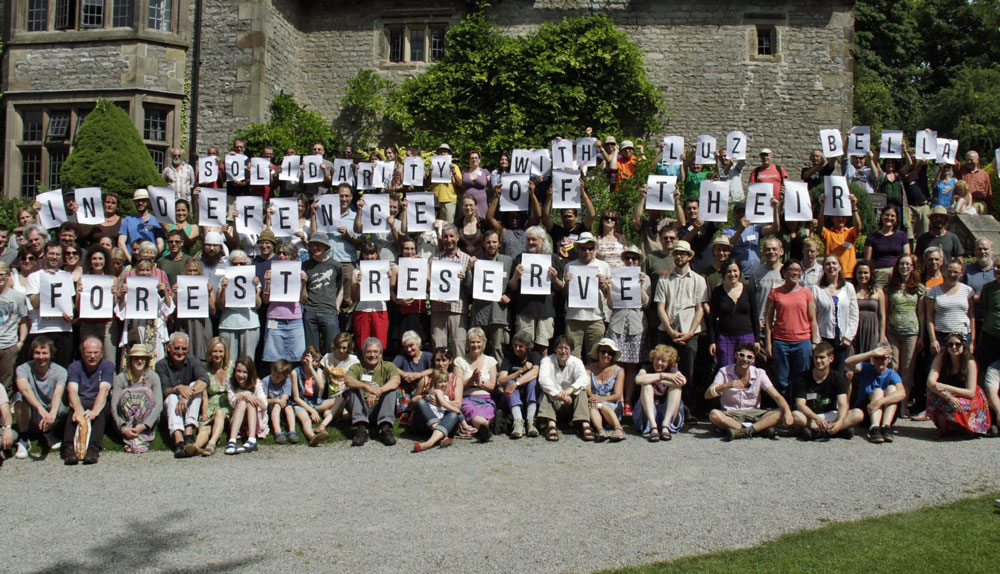Elias Diaz Peña, Goldman Environmental prize winner from Friends of the Earth Paraguay, is touring Europe to discuss the devastating impact of soy production across South America. As a leading importer of soy, Europe is responsible for the expansion of soy production in South America and its impacts on biodiversity and local communities across the continent.
Elias is meeting activists and campaigners from Friends of the Earth groups in the UK, Germany and Netherlands and participating in public events to raise awareness of the effects of the increasing European demand for soy. Paraguay is the fourth biggest exporter of soy in the world, with cultivation taking three fourths of the used agricultural area. Soy production is one of the biggest drivers of deforestation, causes widespread environmental damage, increases pesticide use, contributes to food insecurity, and is associated with violence and human rights abuses amongst local communities and farmers.
This weekend Elias attended Basecamp in the Peak District, England, where he spoke to local group activists about Friends of the Earth Paraguay’s (Sobrevivencia) work to empower communities resisting soy expansion in Paraguay, and also about the recent illegal occupation of protected land in the Luz Bella community of Paraguay. The award-winning activist also spoke last week at a public meeting about land rights and justice in Paraguay organised by Friends of the Earth Manchester.
Elias has already spent time with Friends of the Earth Netherlands, who campaign to reduce soy imports – they recently created their own ‘jungle-free’ cheese called KleineHoefprint (small hoofprint) which was manufactured from cows who are explicitly not fed with South American soy.
Elias culminates his tour in Germany next week where he will examine the relationship between the increase in South American soy and meat production, and its ultimate consumption in Europe.
In Europe, soy is used as animal feed in highly industrialised mainly pork and poultry factories. This mass meat production has not only negative environmental impacts in the South but also here in Europe, where the nitrogen rich remains from the livestock production pollute European water and soil and keep animals under not-acceptable conditions. Driver for this is not only the high animal products consumption in Europe but also the export oriented European model of production, by which almost 1/10 of pork production in Europe is exported. Agro-industry profits from the cheaply produced soy in the south but this has huge negative impacts for both sides.







